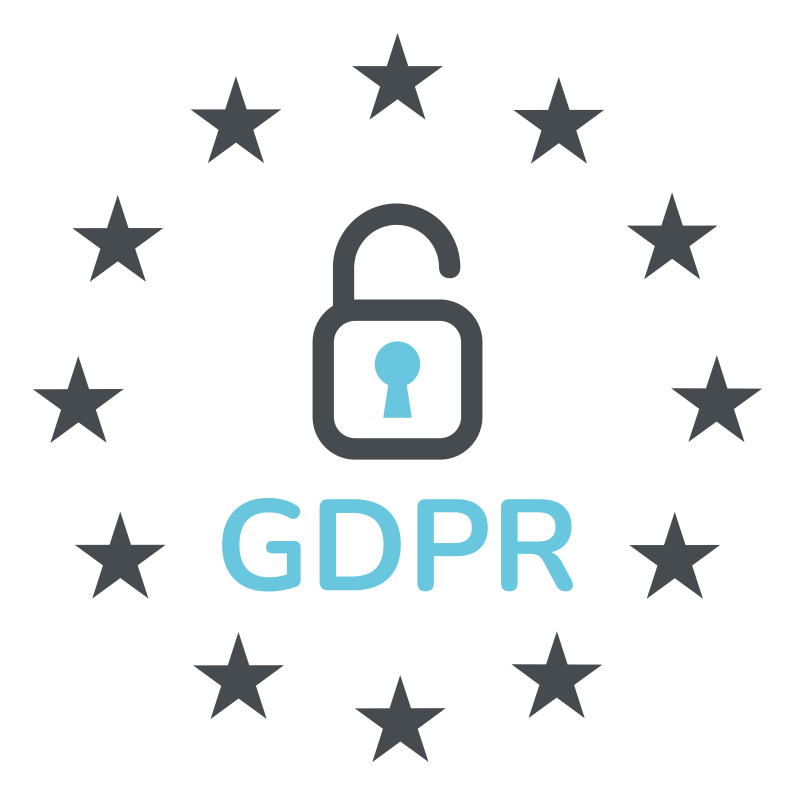Electronic Medication Administration Record (EMAR)
What is EMAR in healthcare?
A digital tool used within the UK health and social care system to track and document the administration of medications. EMAR systems replace older, paper-based MAR charts, offering improved reliability and efficiency. Various care settings, including hospitals, residential facilities, and in-home care, widely use these systems for accurate record-keeping and improved patient safety.
Key features of EMARs
- Real-time medication information
- Alerts for possible drug side effects or interactions with other medications
- Integration with pharmacy dispensing systems
- Analytics and reporting tools that identify trends and patterns
What are the benefits of EMAR?
There are several benefits for healthcare organisations switching from paper-based records to an EMAR system.
Improved accuracy
EMARs are essential for improving accuracy in healthcare organisations. This is because staff can access real-time information, such as medication orders, dosages, and administration schedules. EMARs are designed to identify potential problems like missed or incorrect doses of medication. Early identification of these problems ensures effective avoidance and reduces the risk of human error.
Save time and improve communication
Less paperwork means staff can spend less time doing admin and more time focusing on their patients and optimising their care. Staff can establish clearer communication to ensure that everyone involved in a patient’s care has all the necessary details. Also, EMARs simplify the audit process by generating reports automatically, saving time during regulatory compliance checks.
Enhance patient safety
Minimising admin tasks with EMARs enhances patient safety as staff can focus more on higher-value tasks and providing the best treatment. They can spend more time face to face with patients, building relationships and trust that improves the overall patient experience, not just their medical treatment.
What to consider when choosing the right EMAR system
Choosing an appropriate EMAR system is a critical decision for healthcare organisations, as it directly affects medication safety and the quality of patient care. When evaluating different systems, care providers should take the following key elements into account:
- Ease of use – a simple, intuitive interface promotes user adoption, helping staff to navigate the system efficiently and with minimal training.
- Real-time data and safety features – systems that offer up-to-date medication information and automated checks help minimise errors by ensuring timely and accurate administration.
- Reporting and data analysis – built-in reporting tools and analytics allow for performance tracking, identifying areas for improvement and supporting evidence-based decision-making.
- Controlled drug management and audit trails – Compliance is supported through secure documentation of medication activities, offering traceability and accountability for all actions.
- Patient-centred functionality – systems that adapt to the specific needs of individuals support the delivery of personalised, responsive care.
- System stability and capability – a reliable EMAR platform should offer consistent performance, with minimal downtime or disruptions, ensuring uninterrupted care delivery.














